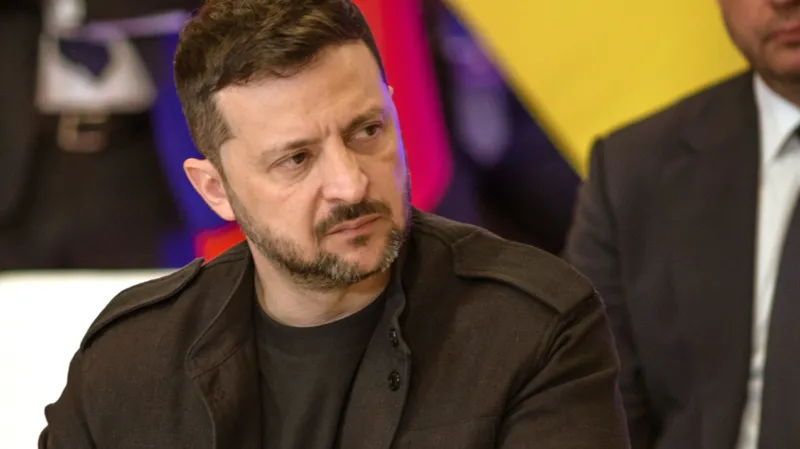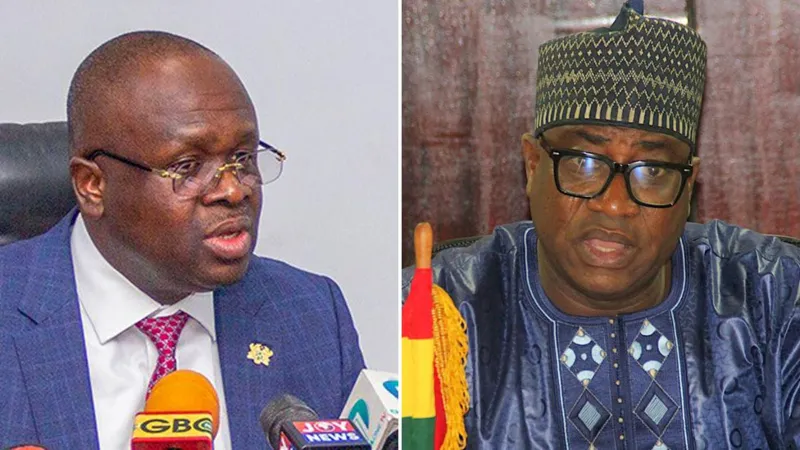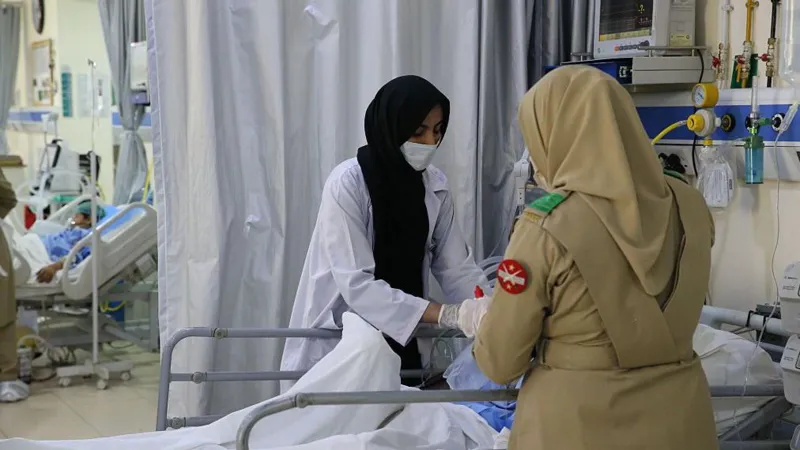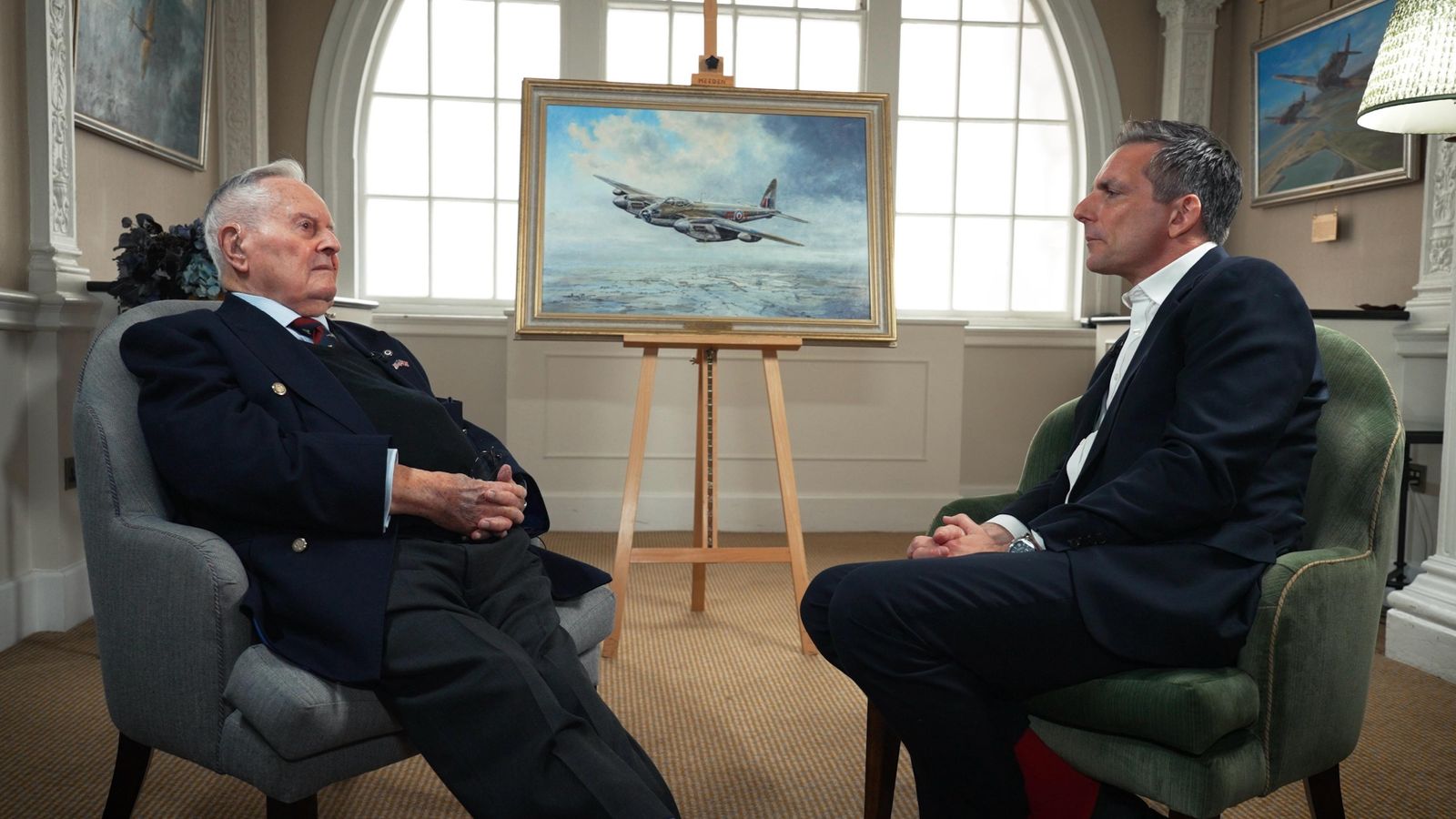Zelensky says Russia considering end to war a 'positive sign'
Volodymyr Zelensky has said it was a "positive sign" that Russia was considering ending the war in Ukraine, after Russia offered "direct talks" this coming Thursday.

His comments come after Russian President Vladimir Putin invited Ukraine to take part in "serious negotiations" in a late-night address.
But the Ukrainian president said: "We expect Russia to confirm a ceasefire - complete, lasting and credible - starting tomorrow, 12 May, and Ukraine is ready to meet."
Western powers called for a 30-day pause in fighting to begin on Monday, after European leaders spearheading the so-called "coalition of the willing" met in Kyiv on Saturday.
A key aide to Zelensky said there must be a ceasefire before direct talks over ending the war - which began with Russia's full-scale invasion of Ukraine in 2022 - could take place.
"First a ceasefire for 30 days, then everything else," Andriy Yermak said. "Russia must not camouflage its desire to continue the war with verbal contortions."
But Russian Foreign Ministry spokeswoman Maria Zakharova insisted talks should occur before a ceasefire.
"Putin was clear: first negotiations about the root causes [of the conflict], then talk of ceasefire," she said.
Kremlin spokesman Dmitry Peskov had earlier responded to the call from European allies and the US, saying Moscow would "have to think this through" - but warned that "trying to pressure us is quite useless".
Putin said in his own statement that he could "not rule out" the possibility that the talks could result in Russia and Ukraine agreeing "a new truce" - but did not address the calls for a 30-day ceasefire directly.
The Russian leader said the proposed talks should be held in the Turkish city of Istanbul, as they have been before, and that he would speak to Turkey's President Recep Tayyip Erdogan on Sunday to discuss the details.
Zelensky wrote in a social media post on Sunday morning: "It is a positive sign that the Russians have finally begun to consider ending the war.
"The entire world has been waiting for this for a very long time. And the very first step in truly ending any war is a ceasefire.
"There is no point in continuing the killing even for a single day."
Vladimir Putin said the proposed talks on Thursday would be "the first step towards a long-term, lasting peace"
The Ukrainian president played host on Saturday to UK Prime Minister Sir Keir Starmer, France's Emmanuel Macron, Germany's Friedrich Merz and Poland's Donald Tusk, who later called Donald Trump to discuss their plan.
Sir Keir later told the BBC the US president was "absolutely clear" that their suggestion of an immediate ceasefire was a "demand that must be met".
Appearing at a news conference with Zelensky, they warned that "new and massive" sanctions would be imposed on Russia's energy and banking sectors should Putin not agree to the unconditional 30-day ceasefire "in the air, at sea and on land".
The four leaders - who form a significant part of the "coalition of the willing" group, formed to reinforce any eventual peace agreement with security guarantees, including the possibility of placing troops in Ukraine.
After the meeting, Zelensky thanked the assembled leaders for "standing with" Ukraine.
"Today we will focus on how to build and guarantee real and lasting security," he said.
Russian state media also quoted Peskov as saying that statements from Europe were "generally confrontational in nature rather than aimed at trying to revive our relations".
Moscow has previously said that, before Russia could consider a ceasefire, the West must first halt its military aid to Ukraine.
Putin later made his own statement, with video showing journalists assembled in a hall inside the Kremlin.
"This would be the first step towards a long-term, lasting peace, rather than a prologue to more armed hostilities after the Ukrainian armed forces get new armaments and personnel, after feverish trench-digging and the establishment of new command posts," he said.
"Who needs peace like that?"
Trump described Putin's announcement as a "potentially great day for Russia and Ukraine", in a post on Truth Social.
"It will be a whole new, and much better world," he said, adding that he would "continue to work with both sides to make sure that it happens".
Putin also accused Ukraine of having repeatedly failed to respond to multiple ceasefire proposals from Moscow, including a 30-day halt in attacks on energy infrastructure and last month's Easter truce.
Another ceasefire Putin flagged was one he ordered in April to coincide with World War Two commemorations. It ended on Saturday at midnight local time (21:00 GMT).
Kyiv had rejected the unilateral, three-day ceasefire, calling it a "theatrical show". The Kyiv meeting was a symbolic response to the more than 20 leaders who joined Putin in Moscow a day earlier for the World War Two event.
While the latest ceasefire saw a decrease in fighting, each side accused the other of breaches.
On Thursday - the same day the supposed ceasefire took effect - Ukraine accused Russia of more than 730 violations and said it was responding "appropriately".
Russia's defence ministry insisted the truce was being observed, before accusing Ukraine of 488 violations.
Overnight into Sunday, the general staff of Ukraine's armed forces said Russia launched over 100 drones - slightly less than the average number immediately before the start of the ceasefire.
It also said there were 161 clashes along the front lines.
"In spite of everything, we are offering the Kyiv authorities to resume the negotiations... resume direct talks, and I stress, without any preconditions," Putin said on Saturday.
The last direct talks between Moscow and Kyiv took place in 2022, the year Russia launched its full-scale invasion of Ukraine.
-BBC







